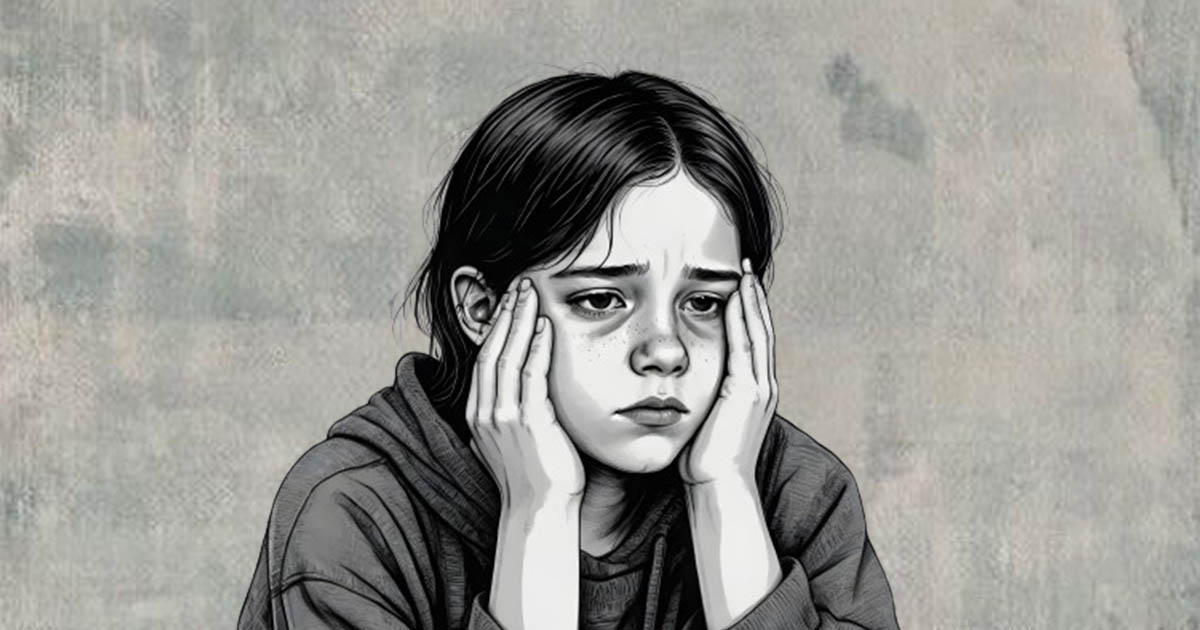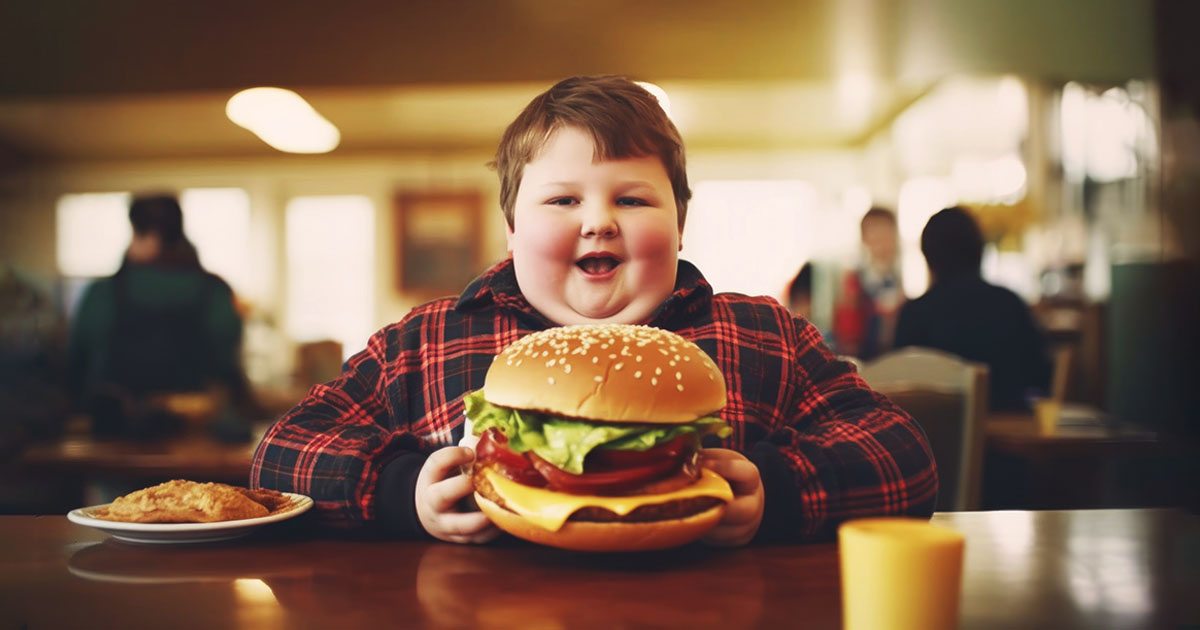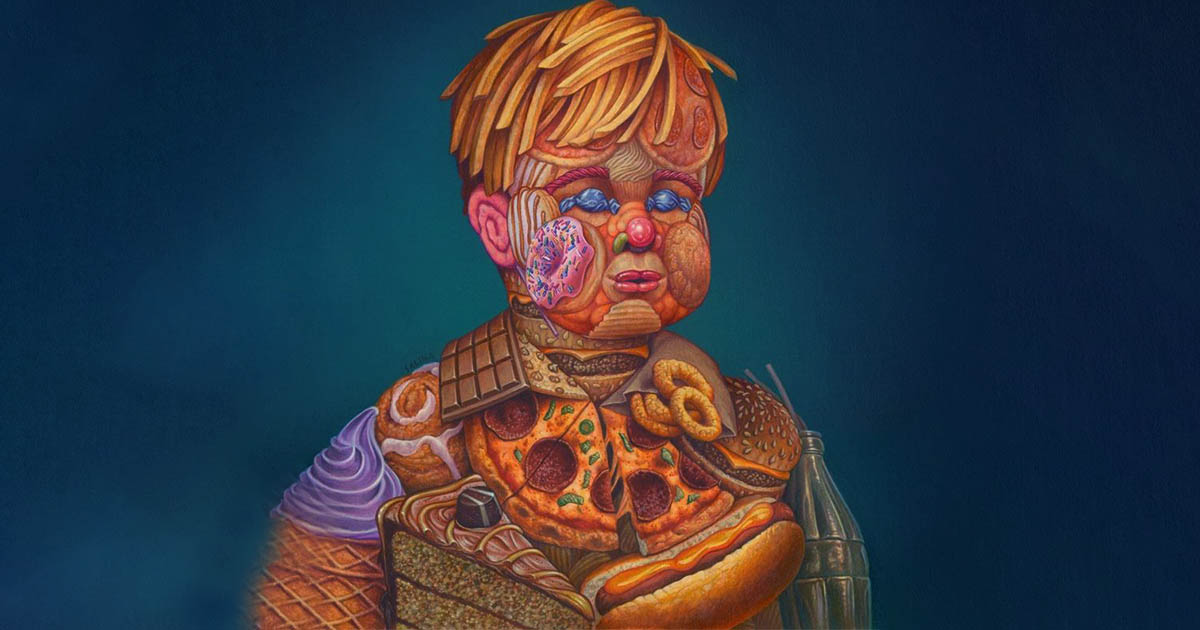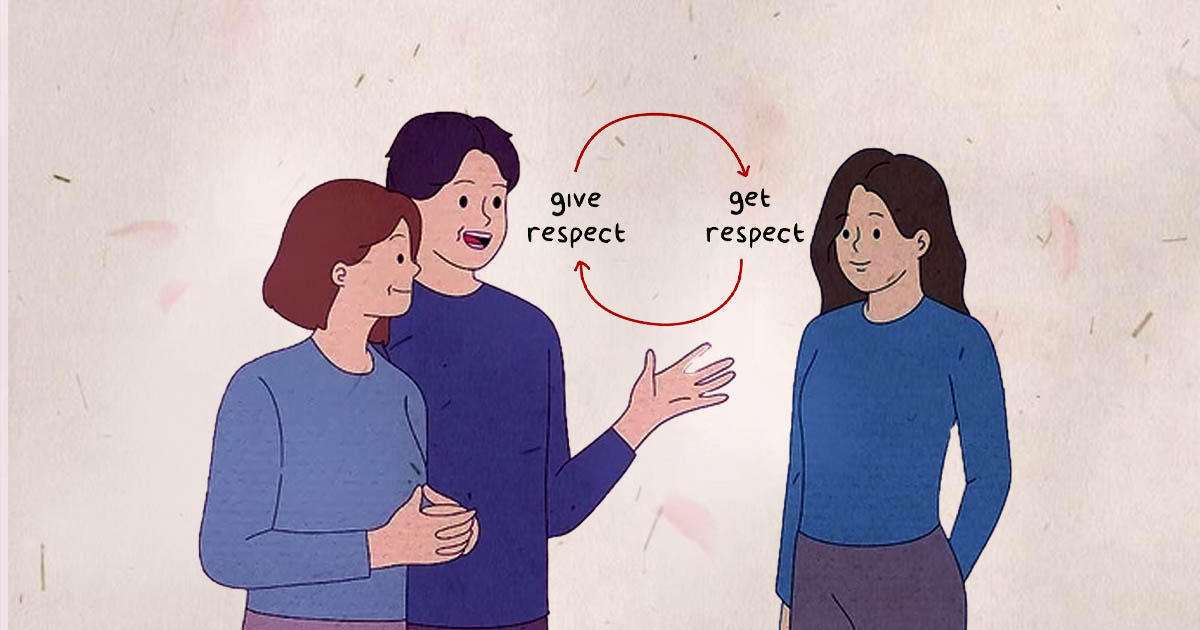As parents, guardians, and caregivers, understanding and addressing hopelessness in teens are paramount to their emotional well-being.
Adolescence is a transformative chapter filled with growth, exploration, and the occasional storm of emotions. Amidst the laughter and milestones lurk moments of uncertainty and despair.
In this article, we delve into the complex landscape of teenage hopelessness, distinguishing it from depression and offering five indispensable strategies to empower parents in nurturing their children’s emotional resilience.
Is Teen Depression and Hopelessness in Teenage Same?
A loss of hope is typically paired with teen depression, but not always. The mental health condition can make someone feel persistently sad, lose interest in things they used to enjoy and feel hopeless.

It also usually affects sleep and appetite, drains energy makes a person feel sluggish, and influences how a person thinks. If left untreated and unaddressed, the effect that depression alone can have on a teenager’s life is significant.
Those feelings are synonymous with depression though. When someone starts to feel hopeless, they might think nothing will ever get better so why try to change anything at all?
This feeling of hopelessness in teens multiplies the impact of depression making it even more difficult to escape. However, if caught early enough or treated properly one could make a big difference in managing depression and regaining confidence about whatever is coming down the road.
Read More: 5 Key Indicators of Children’s Mental Health Issues You Need To Be Aware Of!
What Causes Hopelessness in Teens?
In the developing stage of teenage, young people pass through a maze of passages and hurdles as elements that are interwoven in their psychological being.

Here are some of the common reasons for hopelessness in teenagers:
1. Life stressors:
Adolescence is a time of change and turbulence from academic strains to family conflicts. An additional challenge that may be faced by a teenager is trying to meet the high expectations demanded at school, through extracurricular activities and within associations.
In addition, teens might have experienced disharmony within their families which could have been caused by constant arguing or divorcing parents. Consequently, any traumatic experiences such as abandonment, violence, or death inflict serious consequences on the emotional well-being of teenagers.
These pressures can become overwhelming leading them into despair as they try to manage with complexities concerning their lives.
2. Genetic predisposition:
According to study findings, there exists a genetic element in mood disorders like depression and hopelessness in teenage. Genetic vulnerability carried over from parents with depressive tendencies may result in a continuity of problems for children whose own genetic makeup increases their risk for depression too.
Such heritable traits can also impact neurotransmitter regulation (serotonin, dopamine, etc.), critical elements of mood control occurring in the brain.
However though not alone enough to determine one’s mental health outcomes—such genes will interact with the environment and heighten someone’s probability of developing depression and hopelessness in teens.
3. Biological factors:
Such development is noticeable in especially regions that involve emotion regulation, decision-making, and social behavior. When the interaction between neurotransmitters depletes or their connection disrupts mood disorders such as depression may arise.
For example, low levels of serotonin (a happiness-related neurotransmitter) are associated with depression. Moreover, maladjustment in the hypothalamic-pituitary-adrenal (HPA) axis controlling stress responses can worsen hopelessness this shows how brain chemistry combines with emotions among teenagers.
4. Environmental factors:
The mental health of teenagers can be profoundly shaped by the environments they grow in. Some chronic stressors develop when childhood experiences are negatively affected for example poverty, community violence, or parental substance abuse leading to feelings of despair.
Further still; peer rejection, poor academic performance, and comparing themselves to others on social media as well as other societal pressures all contribute greatly to a feeling of inadequacy and isolation.
Consequently, these challenges of hopelessness in teens become more difficult due lack of supportive relations or even mental health facilities hence giving them a sense of being overwhelmed and hopeless about whatever lies ahead for them later in life.
5. Coping is a skill:
To navigate the expected stressful moments of one’s teenage years, effective coping mechanisms are crucial. Teenagers may also use negative ways like finding solace in drugs and alcohol, cutting themselves, or avoiding others to get over-sentimental feelings if they lack positive coping methods.
As a result, these methods can lead to despair and worsen hopelessness in teenage without proper guidance.
In contrast, adolescents with resilience and positive coping styles such as social support-seeking problem-solving skills, and emotional regulation skills can better handle stressors and recover from disappointments.
By doing this, they develop self-esteem that makes them engaged in difficulties with hopeful outlooks.
While at the stage of adolescence, teenagers meet new understanding as well as support which helps them unravel the snarls of hopelessness around their being. We could bring light to young people’s future where hopefulness will be a guiding path through life’s challenges.
Read More: Mental Health Tips for Kids: 5 Powerful Parenting Strategies To Support Your Child’s Mental Health
How To Help Your Child Deal With Hopeless in Teenage?
Helping your kid get through feelings of hopelessness during their teenage years requires patience, empathy, and proactive support.

Here’s what you can do to address hopelessness in teens:
1. Talk it out:
Make sure your kid knows they can talk to you about anything without judgment or punishment. When they open up, listen intently. Understand where they’re coming from and validate their emotions. You don’t have to fix all their problems (in fact you shouldn’t), just focus on being there for them with unwavering support.
2. Learn more:
Educate yourself on teenage mental health– especially depression and hopelessness. Conduct some research, read some reputable articles or books, and chat with professionals or support groups. The more you understand the signs and symptoms of hopelessness, the better equipped you’ll be to help your child when they’re struggling.
3. Ask for professional help:
If your child is always feeling down and it doesn’t seem to be getting better, the need for professional mental health care becomes a priority. Seek advice from therapists, counselors, or psychiatrists who specialize in children’s mental health.
With this form of intervention, it’ll give your child a safe place to talk about their feelings and get the right treatment. This will also allow you as the parent to understand any underlying issues that might have happened behind closed doors.
They will have access to different tools that they can utilize when they are feeling low which will help them manage their mental health effectively.
4. Help build healthy habits:
Start by helping your child adopt a healthy lifestyle so that they can support their physical and mental health. Encourage them to exercise regularly, eat well-balanced meals, and get enough sleep every night so that they can keep up with these good habits no matter how busy their lives get.
You should also encourage them to do things that make them happy so that they can build a sense of fulfillment within themselves. Lastly, remind your kids about the importance of having a strong support system around them at all times because sometimes we just need someone else in our corner during those hard moments in life
5. Teach coping methods:
Give your child the tools to take on dark and challenging times. Teach them ways to relax, like deep breathing or meditation. Get them a journal so they can express how they feel in words.
Find something creative they enjoy doing, like art or writing, as a way for them to understand their feelings. By giving your child these skills, it’ll put them in a great position to handle anything that comes their way.
If you stick to these strategies and keep an open heart for your child, there’s no stopping them from becoming resilient and strong in life.
Read More: What Is Childhood Trauma? 4 Signs of Lingering Childhood Hurt
A Word From Mind Family
As a family, we know that feeling like there’s no hope can be serious for kids and their families. We also know how important it is to be with you and provide support, understanding, and guidance.
When we prioritize mental health, teach coping skills, and work on healthy habits, we help teenagers overcome hopelessness so they can look toward the future. We’re all in this together. Let’s make a community where every teenager feels heard, valued, and hopeful about what comes next.
You are never alone when you’re part of the Mind Family.
Frequently Asked Questions (FAQs)
Is teen depression the same as feelings of hopelessness in teens?
No, teen depression encompasses persistent sadness, changes in sleep and appetite, and loss of interest. Feelings of hopelessness are a symptom of depression, where individuals believe their situation won’t improve.
What’s the importance of early intervention?
Early intervention in depression helps manage symptoms and restore hope for the future, preventing potential long-term consequences.
How can parents differentiate between teen depression and normal mood swings?
Persistent changes in behavior, such as loss of interest or drastic shifts in sleep and appetite, can indicate depression rather than normal mood fluctuations.











